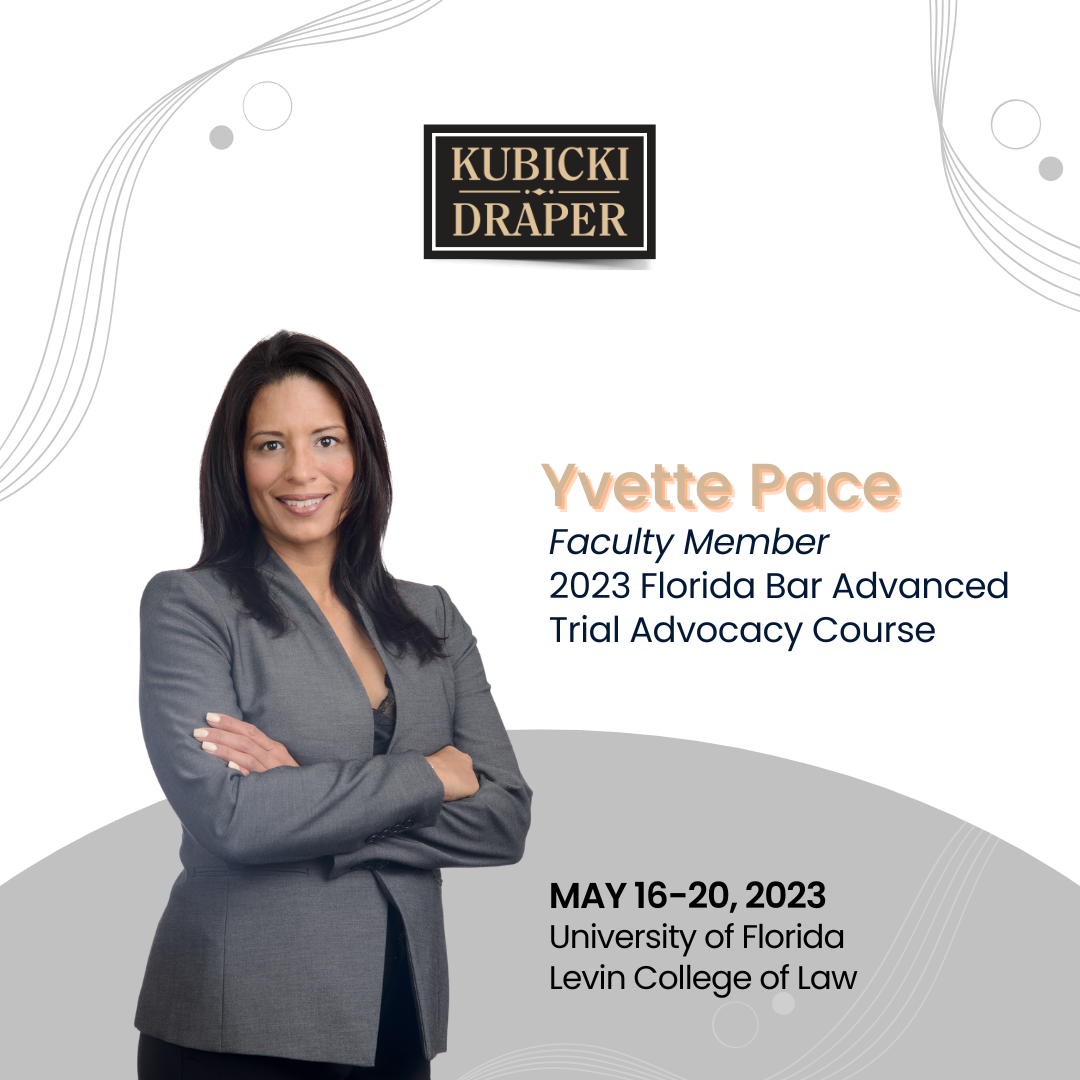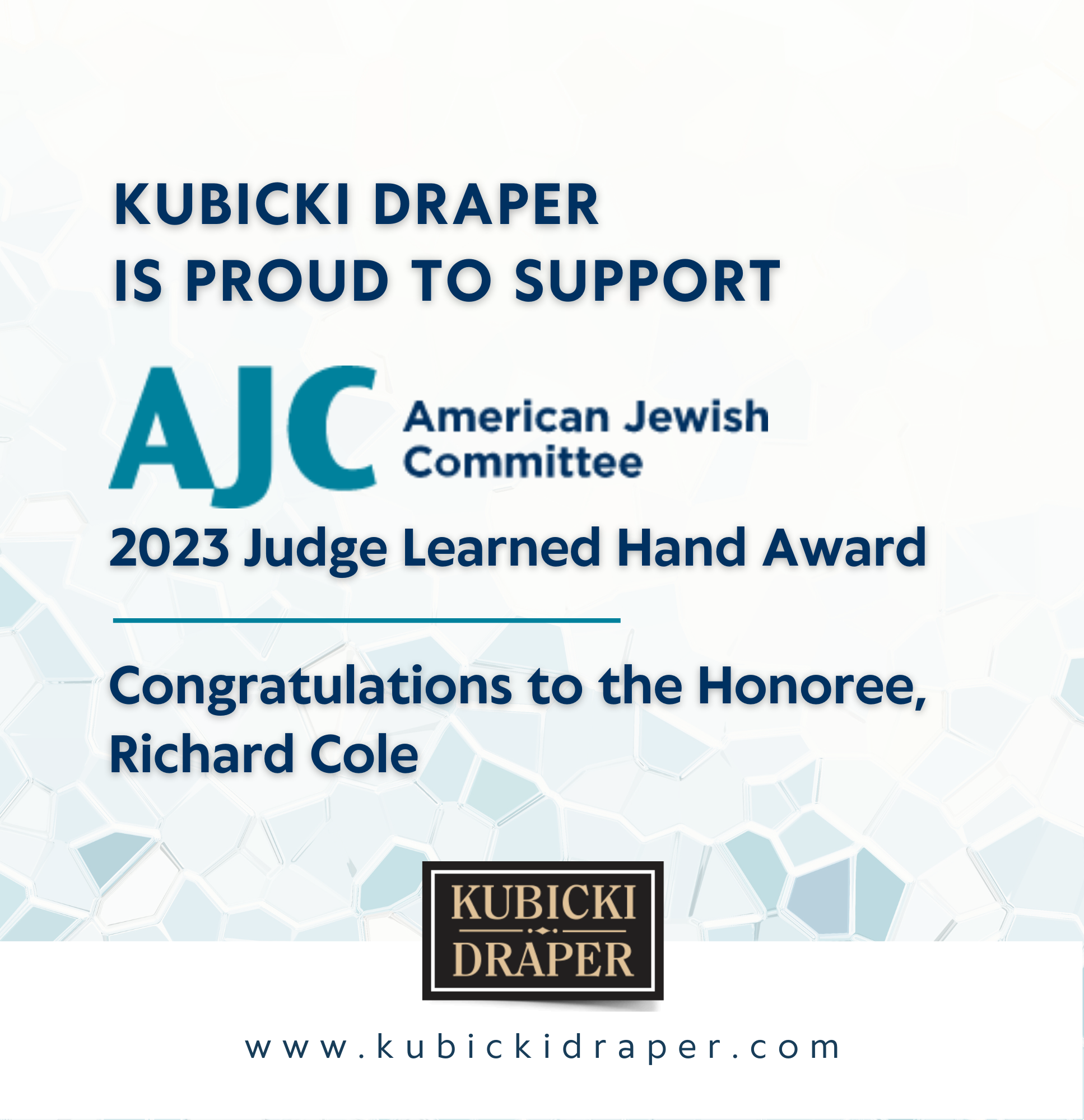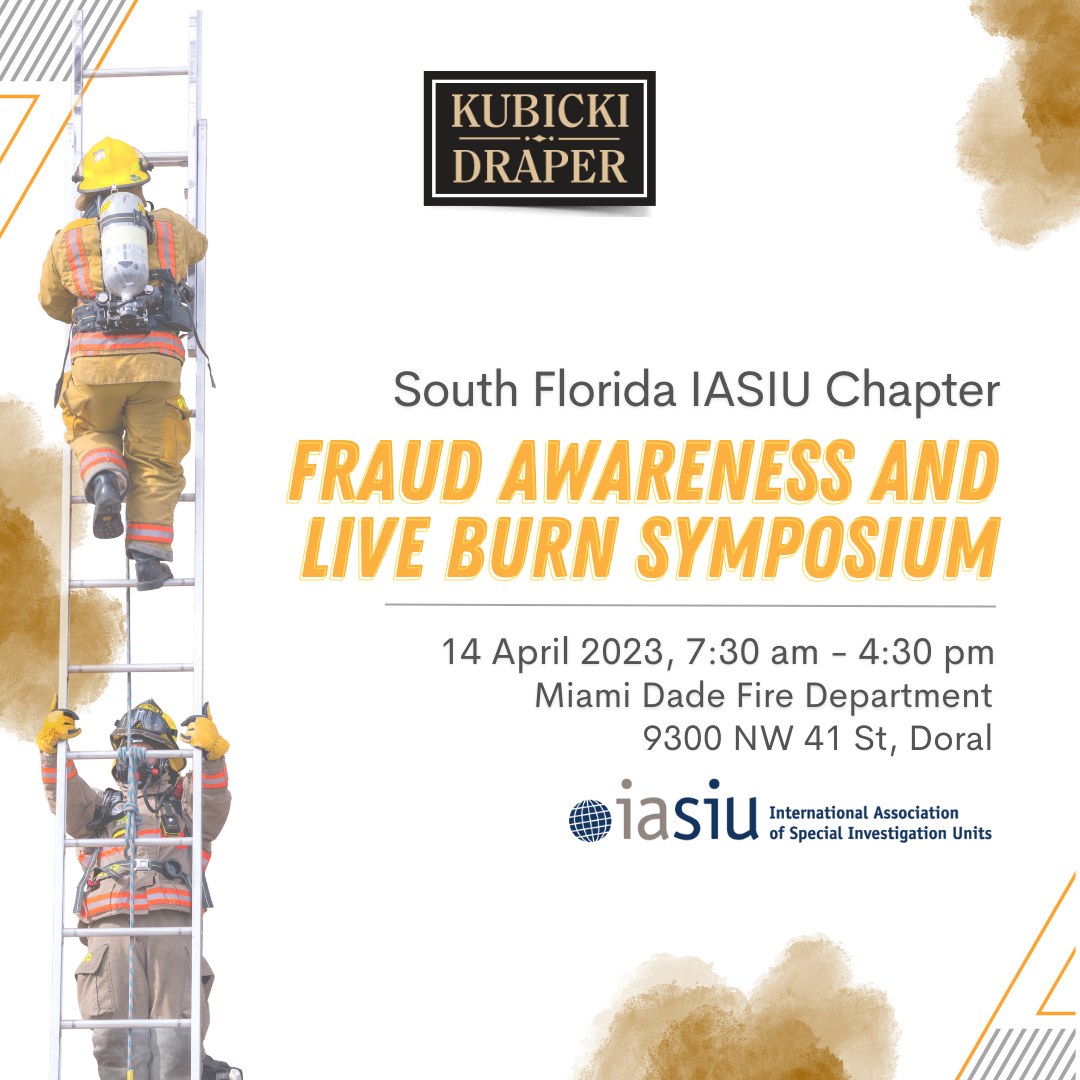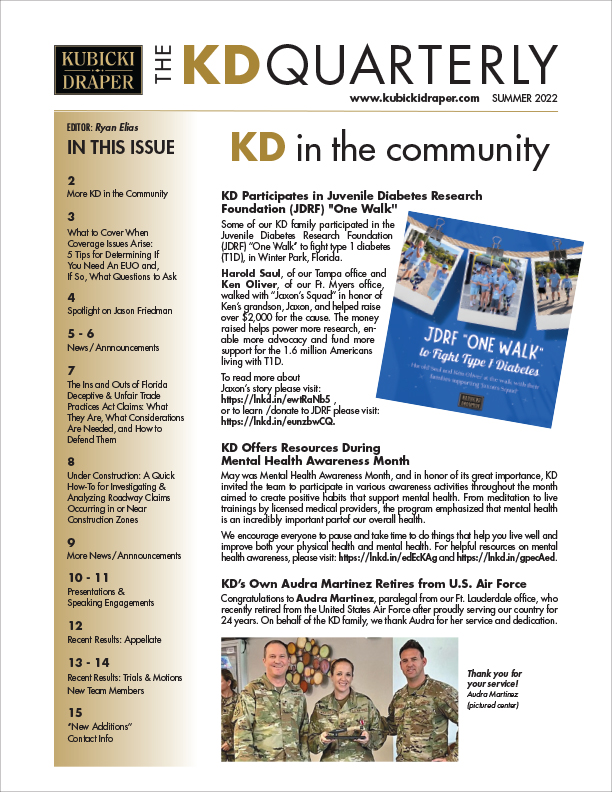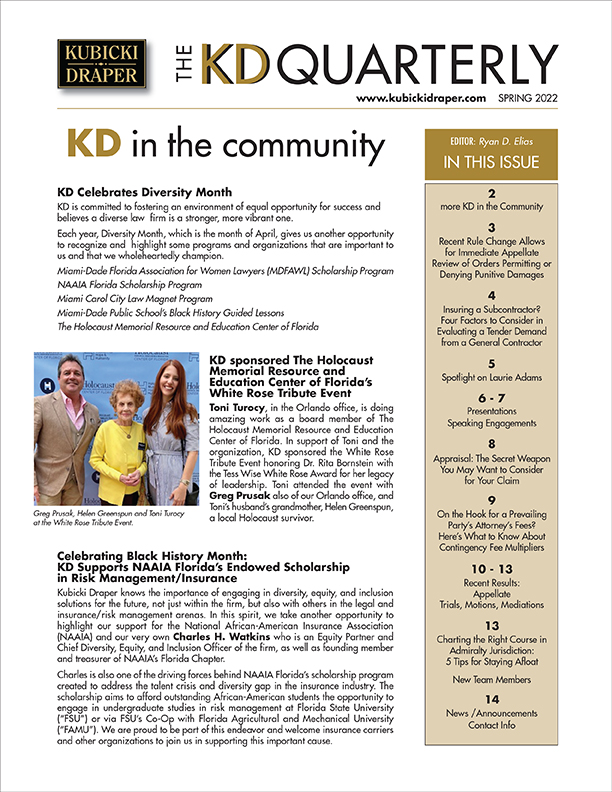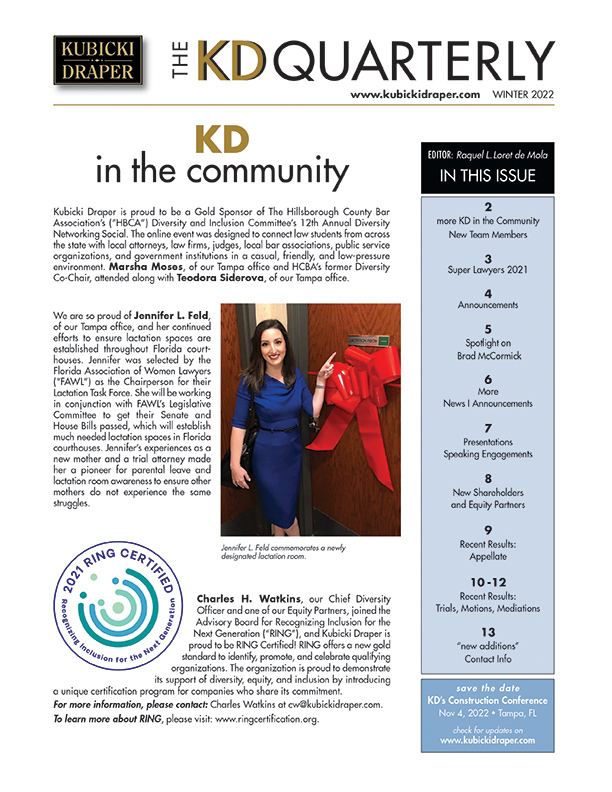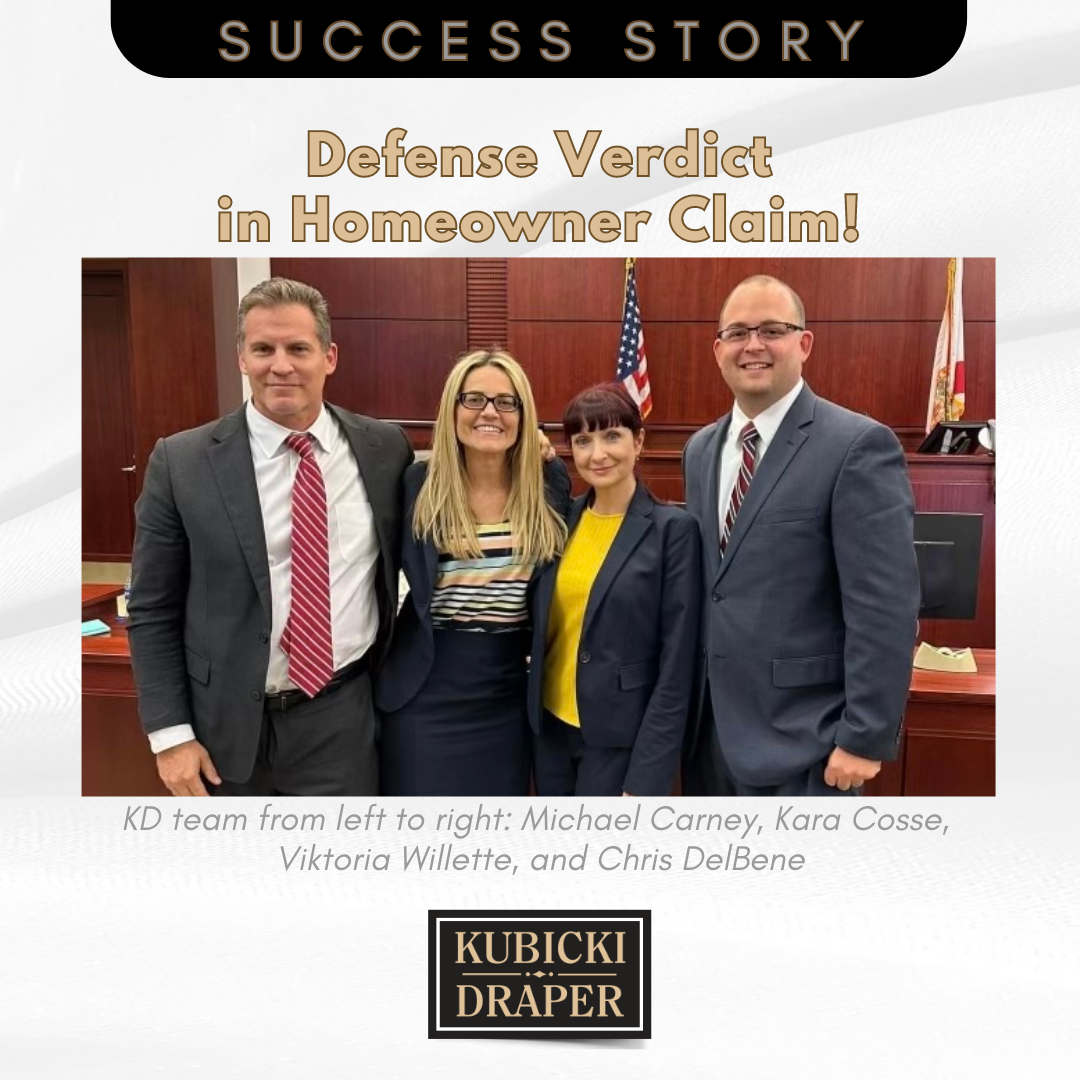April 18, 2024
Continue...
March 26, 2024
Continue...
March 19, 2024
Continue...
March 5, 2024
Continue...
February 16, 2024
Dismissal Affirmed When Assignment of Property Insurance Benefits Fails to Strictly Comply with § 627.7152(2)
In Gale Force Roofing & Rest., LLC v. Am. Integrity Ins. Co., No. 2D22-4104 (Fla. 2d DCA Feb. 16, 2024), the Second DCA considered whether dismissal of a complaint was proper based on the AOB’s failure to “[c]ontain a provision that allows the assignor to rescind the assignment agreement without a penalty or fee by submitting a written notice of rescission” as required by § 627.7152(2)(a)2, Fla. Stat. (2021) (emphasis added). While the AOB contained some of these terms in different provisions, the Court concluded that its failure to contain a single provision setting forth each and every term made the AOB unenforceable. Specifically, while the AOB allowed for rescission, it did not permit rescission by submitting “a written notice.” And while it mentioned that rescission would be without a “penalty,” it did not also mention a “fee.” This decision supports filing a motion to dismiss in property insurance cases filed by an assignee if the AOB does not contain a single provision parroting the exact wording of the statute. View the opinion here.
Continue...
February 16, 2024
Split Among District Courts Regarding Whether Property Insurance Presuit Notice Requirement Applies Retroactively
In Cantens v. Certain Underwriters at Lloyd’s London, No. 3D22-0917 (Fla. 3d DCA Feb. 14, 2024), the Third District aligned itself with the Fourth District, holding that the presuit notice requirement for property insurance claims applies retroactively. The presuit notice requirement was added in section 627.70152(3)(a), Fla. Stat. (2021), which was effective on July 1, 2021. The statute says it “applies exclusively to all suits arising under a residential or commercial property insurance policy.” The Third District found that this language intended for retroactive application to policies issued before July 1, 2021. The court also ruled that, because the statute was procedural in nature, retroactive application was constitutional. In so doing, the court certified conflict with the Sixth District. Circuit courts will be required to follow the precedent in their district, but the argument should still be preserved in the Sixth District. View the opinion here.
Continue...
January 18, 2024
Continue...
January 11, 2024
Continue...
January 4, 2024
For more information, see the opinion here.
Continue...
January 4, 2024
For more information, see the opinion here.
Continue...
October 19, 2023
We are thrilled to announce that Marlene DeTour, one of our regional managers, has been honored with the CFCALA Presidents' Council Award for Professionalism. This accolade stands as a testament to Marlene's dedication and proficiency in legal administration, and we take great pride in having her as a vital part of our team.
Please join us in extending our heartfelt congratulations to her!
Continue...
October 11, 2023
Read the full opinion here.
Continue...
October 5, 2023
Continue...
September 25, 2023
Read the full opinion here.
Continue...
September 25, 2023
Read the full opiion here.
Continue...
September 25, 2023
Read the full opinion here.
Continue...
September 20, 2023
Read the full opinion here.
Continue...
September 19, 2023
Continue...
August 16, 2023
Continue...
August 16, 2023
As outlined by the Age-Friendly Institute, we are committed to: valuing employees based on proficiency, qualifications and contribution; maintaining policies, practices and programs supporting people age 50+; valuing employee knowledge, maturity, reliability and productivity and offering meaningful employment, development opportunities and competitive pay and benefits for employees 50+.
To learn more about available opportunities at KD, visit: www.kubickidraper.com/careers
To learn more about the Age-Friendly Institute, visit: https://institute.agefriendly.org/initiatives/certified-age-friendly-employer-program/
Continue...
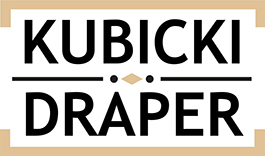
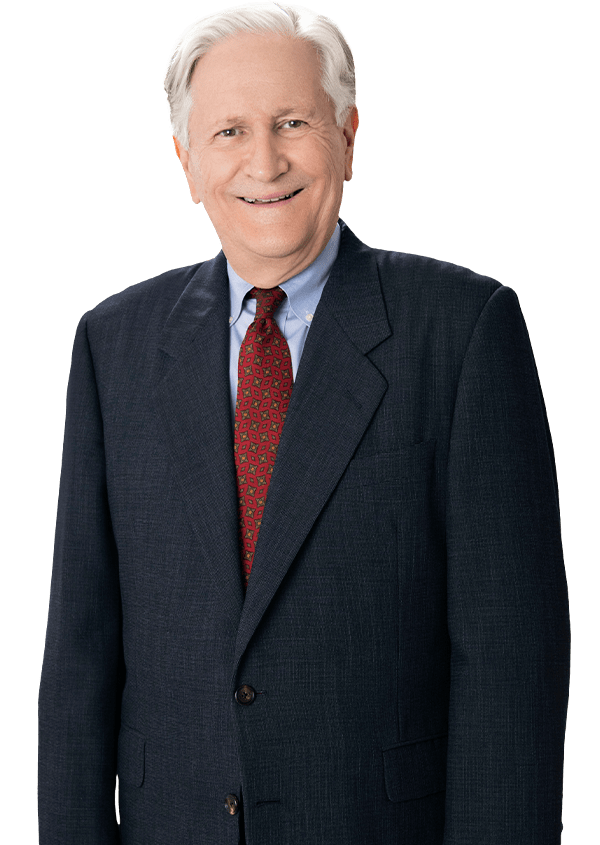
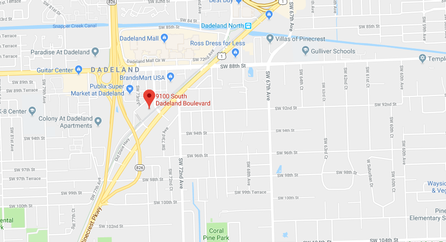
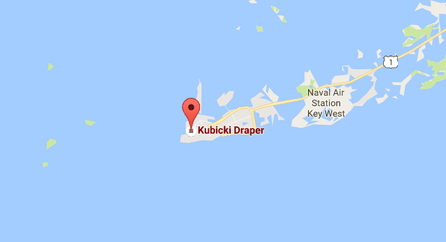
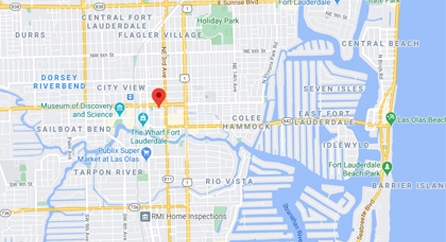
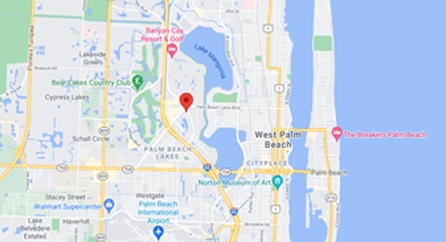
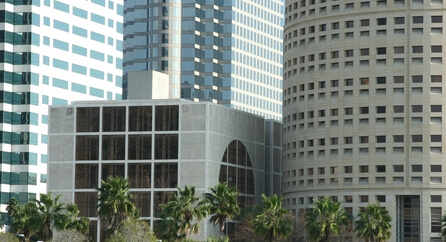
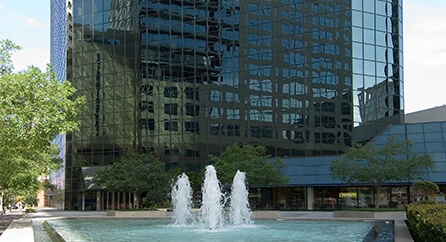
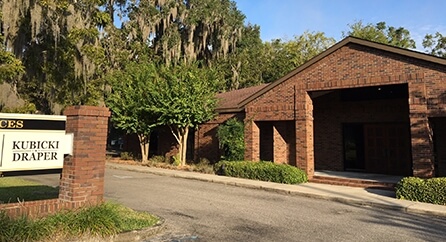
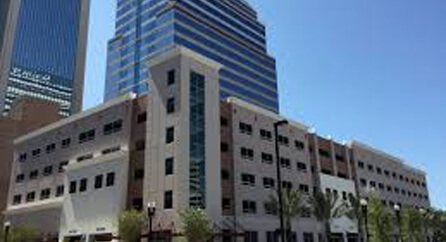
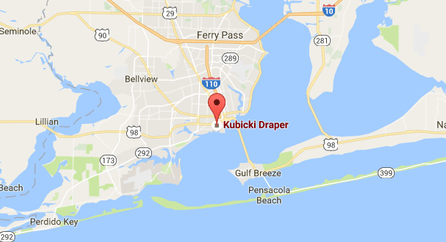
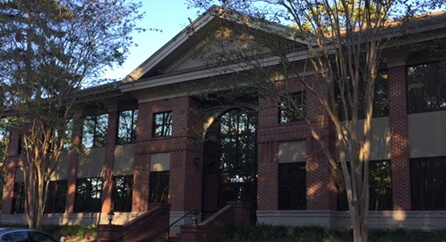
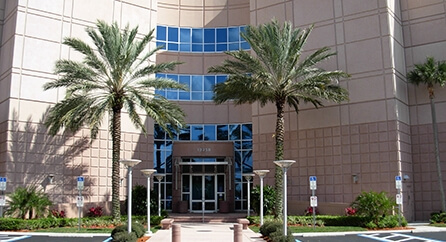
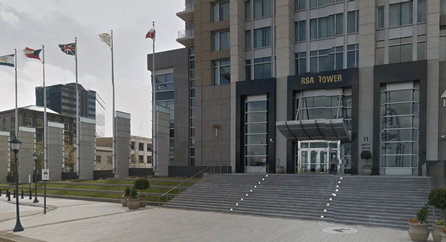
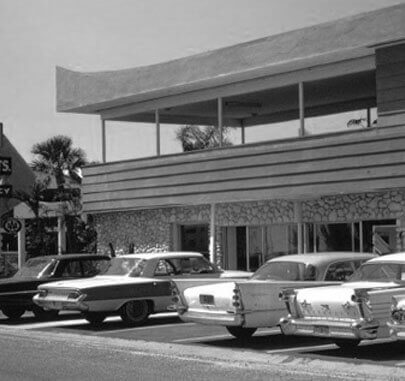
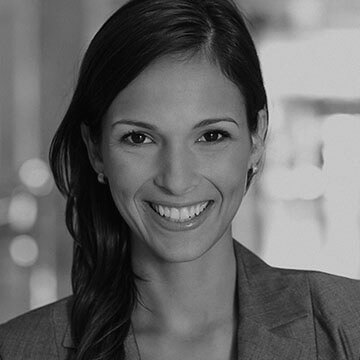
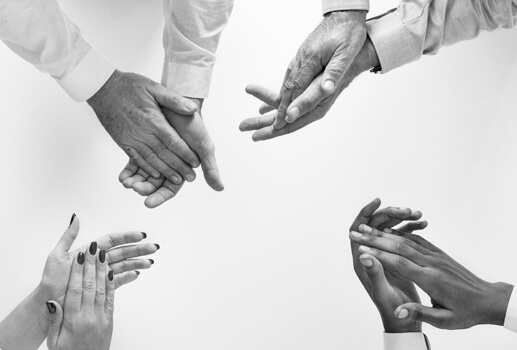
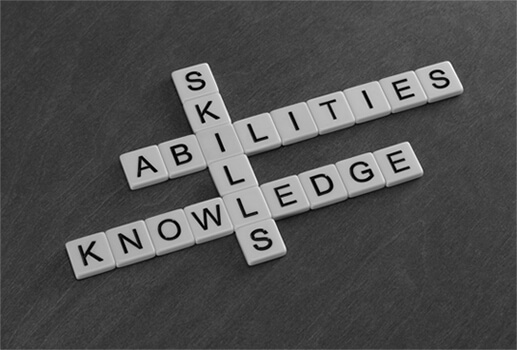
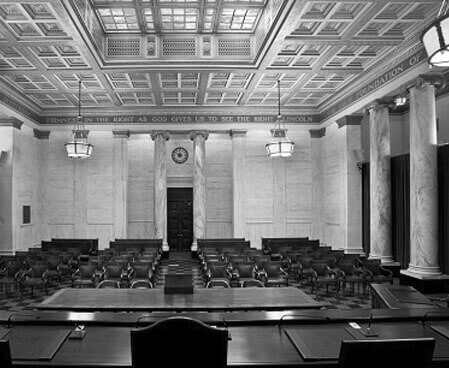
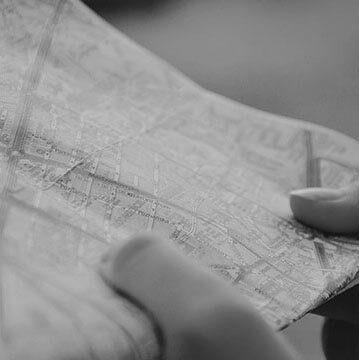
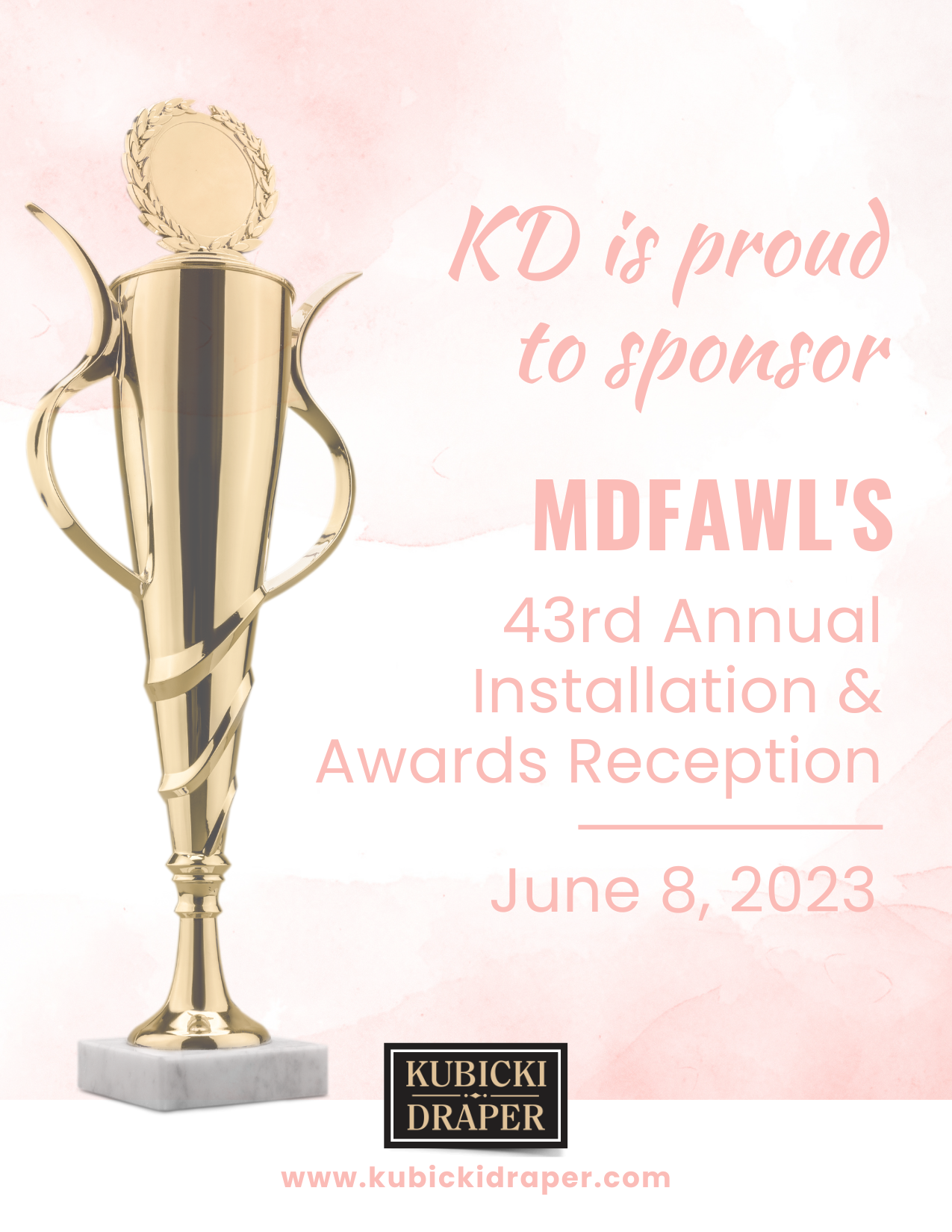
 .png)
